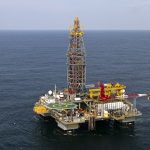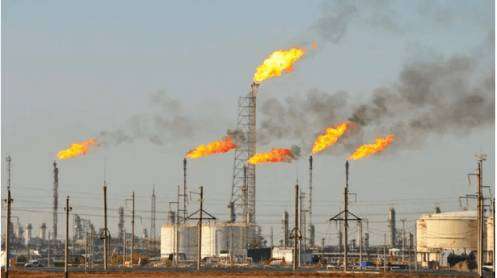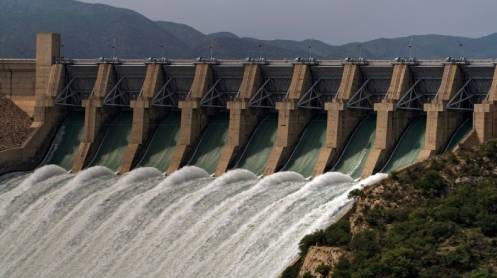KARACHI: Pakistan plans to drill its first offshore oil well in March 2026 along the southern shoreline of Sindh, marking a major step in the country’s search for new hydrocarbon reserves, a senior official at the state-owned explorer said on Thursday, reports ‘Arab News’.
The well is being developed in the Sirani Block near Sujawal district, about 30 kilometres from the mainland, in what would mark Pakistan’s first attempt to tap offshore hydrocarbons after decades of relying on onshore discoveries. Offshore exploration has long been viewed as a missing link in the country’s energy mix, with Pakistan spending the bulk of its foreign exchange on fuel imports.
“This is the further extension of our onshore discoveries in the southern-southeastern which is located at the shoreline where there are low and high tides,” PPL’s General Manager Exploration and Core Business Development Arshad Hussain Palekar told Arab News, declining to disclose expected volumes. “We are expecting oil from this project.”
PPL plans to spud — or begin drilling — the well in March before assessing the reservoir. “The discovery will take about three months after the drilling starts,” Palekar said, adding the company could eventually drill up to 25 wells depending on results.
A successful offshore discovery would be significant for Pakistan, which imports more than 60 percent of its oil and remains vulnerable to global commodity price swings. “I can tell you that a discovery in this offshore block will be a very positive news for Pakistan’s economy,” Palekar said, adding the block must have “a very good volume” of hydrocarbons.
“Obviously if we are making such a big effort there must be a good volume in there,” he said.The project follows PPL’s recent award of eight new blocks — Gharo Creek, Kochi Creek, Bin Qasim South, Keti Bandar, Behr, Zarrar, Sapat Bandar and Offshore Deep D — expanding its exploration footprint in southern Pakistan. The company already contributes around 20 percent of Pakistan’s natural gas supply, along with crude oil, natural gas liquids and LPG.
Prime Minister Shehbaz Sharif’s government has prioritised energy, mining and minerals to draw foreign investment, including from the US, after US President Donald Trump in July pointed to what he described as Pakistan’s “massive oil reserves”.
Palekar, however, said PPL’s offshore work predated that statement. “So, it’s not directly related to Trump’s announcement,” he said, noting that the company acquired seismic data for the area in 2006-07.
PPL also sees the Sirani Block as strategically connected to Block C, located about 70 kilometers away and operated by Turkish Petroleum Corporation (TPAO), which now holds a 25 percent working interest in that block.
“We are anticipating that a discovery here would increase the prospectivity of that (C) block,” Palekar said. He noted the company was following a stepwise approach by first targeting shallow offshore geology.
Progress at the Sirani site has been slowed by its marshy, tide-affected terrain, which had long hindered exploration. In a filing to the Pakistan Stock Exchange (PSX) on Thursday, PPL described the project as technically complex, requiring raised platforms and new logistics channels to withstand tidal movement and unstable subsoil.
“Construction activities are currently in progress to support drilling operations, including development of loading, offloading jetties and an access road linking the offloading jetty to the well site,” the company said. It added that a 17-kilometer natural channel will be used to move drilling equipment by barge.
Due to shifting tides, both the access road and the well pad are being elevated by around nine feet. Palekar described the reinforced site as “sort of an island” designed to accommodate up to 250 personnel during drilling operations.







